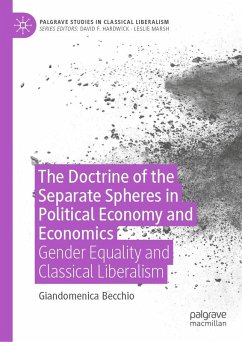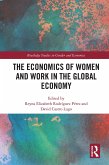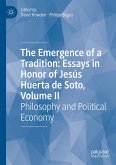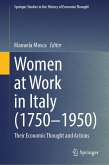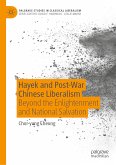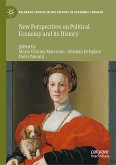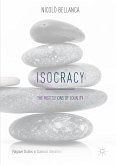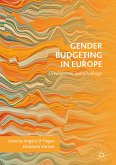This book delves into the doctrine of separate spheres within the history of economic thought. The concept of separate spheres emerged in philosophy and has consistently been incorporated by various disciplines. This book stands as the first comprehensive exploration of how this doctrine was embraced, adapted, and contested by economists engaged in gender issues and marriage theory. Spanning the late eighteenth to the early twentieth century, it illuminates the evolution of the drive for gender equality-rooted primarily in the tradition of classical liberalism-across the landscape of economic ideas and theories. This book is a valuable resource for scholars and researchers interested in the intricate history of the interconnections among between economic thought, feminism, gender studies, and cultural studies.
Giandomenica Becchio is Associate Professor at the Department of Economics, Social Sciences, Mathematics and Statistics (ESOMAS), University of Torino, Italy. Her research encompasses the history of economic thought, with a specific emphasis on gender issues, as well as the methodology of economics and the classical liberal tradition within political economy.
Dieser Download kann aus rechtlichen Gründen nur mit Rechnungsadresse in A, B, BG, CY, CZ, D, DK, EW, E, FIN, F, GR, HR, H, IRL, I, LT, L, LR, M, NL, PL, P, R, S, SLO, SK ausgeliefert werden.

